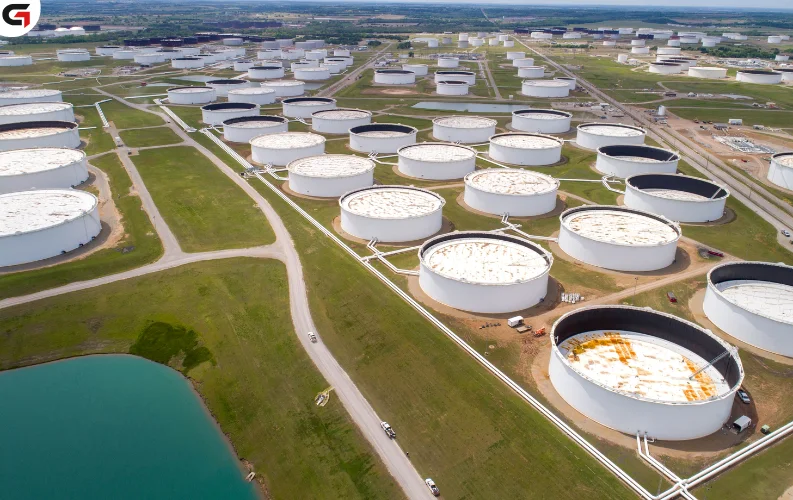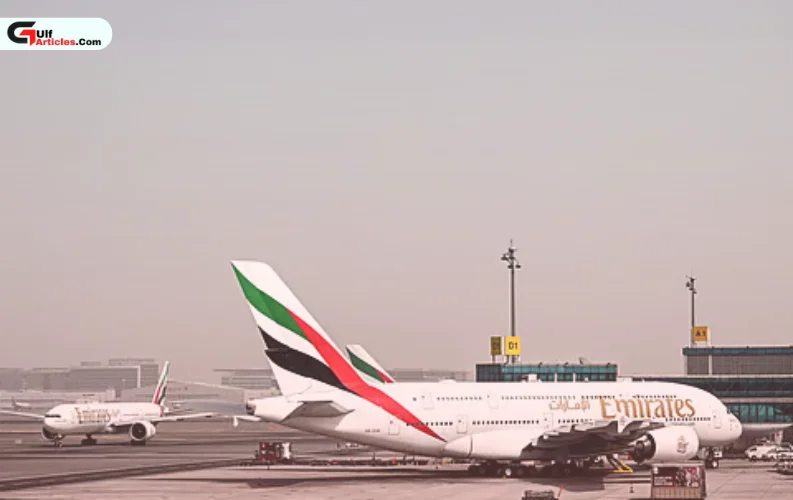Oil prices declined more than 1.5% on Thursday after Israel and Hamas reached a ceasefire agreement in Gaza, easing geopolitical tensions that had supported crude markets in recent weeks.
Brent crude futures slipped by $1.03, or 1.55%, to close at $65.22 a barrel, while U.S. West Texas Intermediate (WTI) crude fell $1.04, or 1.66%, to settle at $61.51.
The ceasefire deal, brokered with support from the United States, marks the first phase of President Donald Trump’s peace initiative to end the Gaza conflict. Under the agreement, hostilities will stop, Israel will partially withdraw from Gaza, and Hamas will release all remaining hostages in exchange for hundreds of Palestinian prisoners held by Israel.
“Crude futures are in a corrective phase as the Israel-Hamas conflict looks to be ending,” said Dennis Kissler, Senior Vice President of trading at BOK Financial. Analysts noted that the de-escalation reduces the geopolitical risk premium that had recently pushed oil prices higher.
Claudio Galimberti, Chief Economist at Rystad Energy, described the peace accord as “a major breakthrough in recent Middle Eastern history,” adding that its impact on global oil markets could be wide-ranging, potentially reducing Houthi attacks in the Red Sea and improving prospects for a renewed nuclear deal with Iran.
The OPEC+ alliance, which includes the Organization of the Petroleum Exporting Countries and its partners, announced a smaller-than-expected production increase for November, easing oversupply concerns. Oil prices had climbed about 1% on Wednesday, supported by expectations that sanctions on Russia, the world’s second-largest oil exporter, would remain in place due to slow progress in Ukraine peace talks.
In the United States, a Republican bill to fund the government appeared to be falling short of votes in the Senate, raising fears of a prolonged shutdown that could weaken economic growth and lower energy demand. Federal Reserve Governor Michael Barr also urged caution on further interest rate cuts, saying the central bank must balance inflation control with growth support.
Indian Prime Minister Narendra Modi said he spoke with President Trump on Thursday to discuss trade relations, noting “good progress” in ongoing negotiations. The Trump administration has maintained high tariffs on Indian exports, with rates reaching up to 25%, partly in response to New Delhi’s continued purchases of Russian oil.
Meanwhile, Washington imposed new sanctions on nearly 100 individuals, entities, and vessels accused of aiding Iran’s oil and petrochemical trade, including a Chinese independent refinery and terminal. The move highlights Washington’s ongoing efforts to tighten global oil flows tied to sanctioned countries.





















